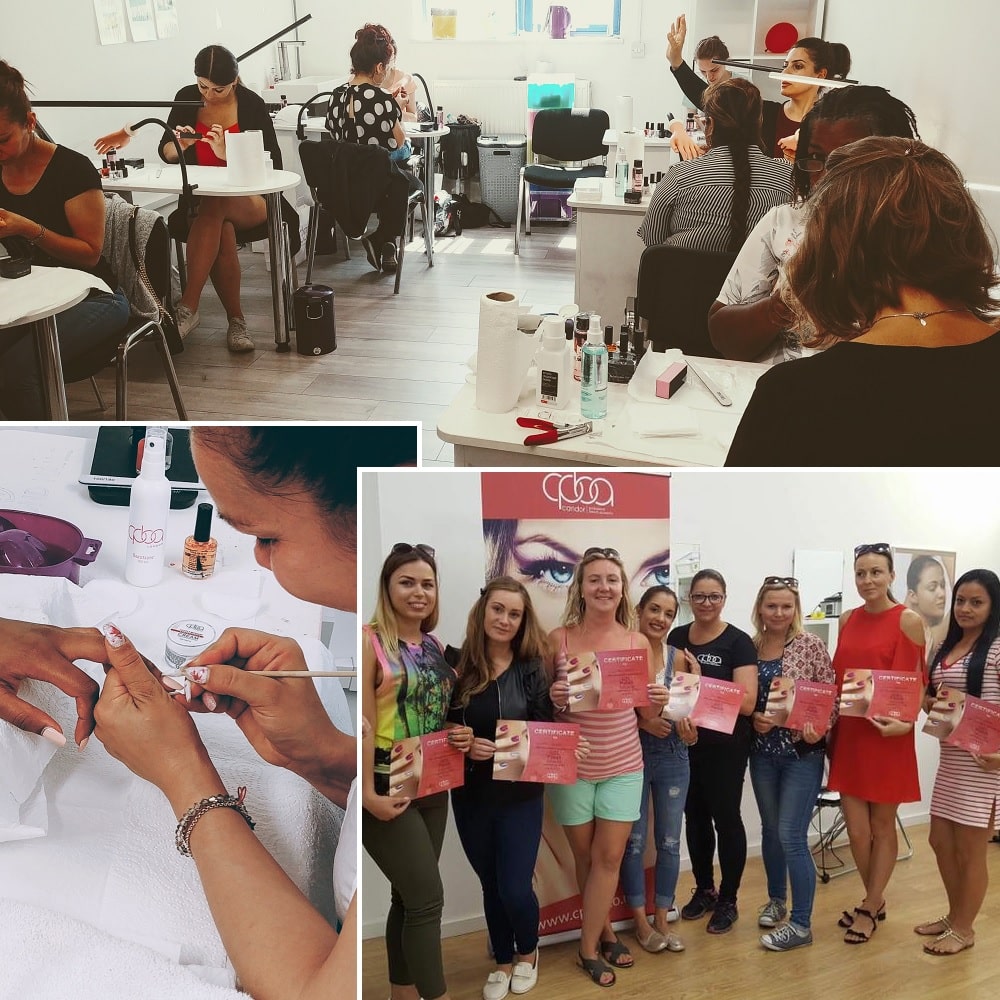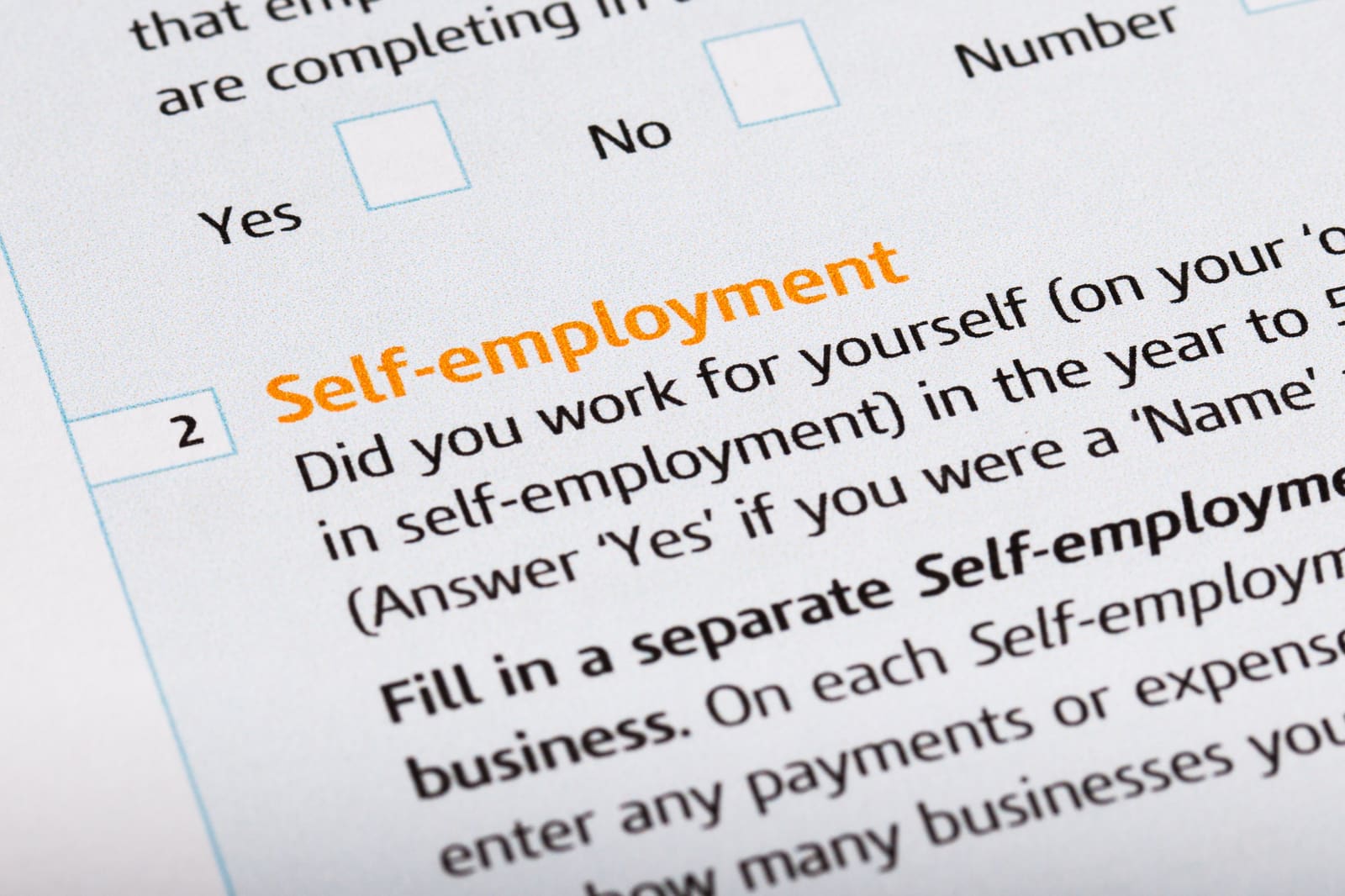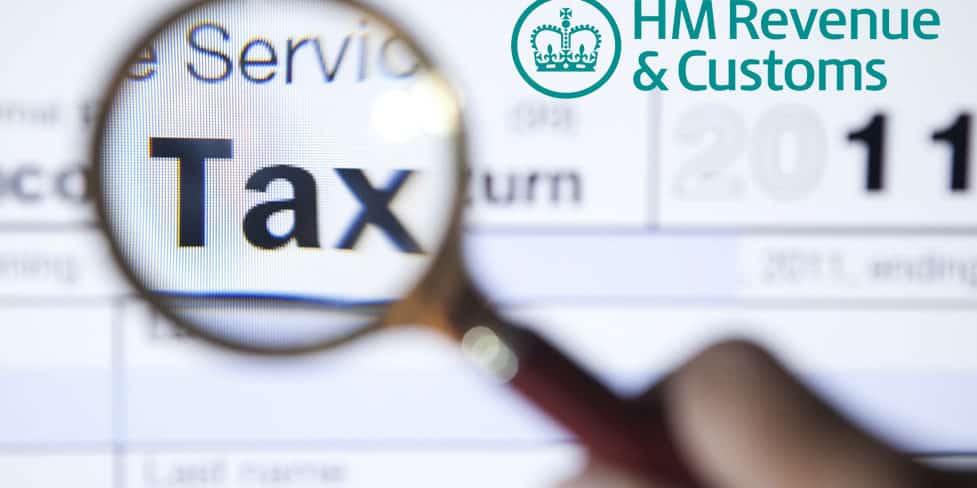Now you can follow your dreams while not worrying about how to save up for them. Thanks to CPBA, you can have co-founded or even fully funded beauty courses! Want to pursue your career? This is how to fund your course the right way.
There are different levels
At CPBA (Candor Professional Beauty Academy) you can choose between level 2 and level 3 courses.
Level 2 is fully funded or co-founded by the government.
Level 3 is only for those who are 19 years old and above. They can apply for a loan which will cover the cost of their training. Make sure you are 19 years old before the academic year starts (from September to August.)
For EEA countries only
You are eligible for funding as long as you are a citizen of the European Economic Area (28 different countries are in EEA).
If you’ve been living in any other country apart from EEA countries in the last 3 years, you won’t be eligible for funding.
How can your course be fully funded?
If you are between the ages of 19-23 and this is your first full level 2 qualification you can apply. You can also apply if you are above the age of 24, but are unemployed, or you have a low wage (you should earn less than £15,736.50)
If you do not meet these requirements you will be co-founded.
What about the repayments?
Those who end up getting a loan will have to pay-back only when they finish the course, and once they start making more than £25,000 a year.
A repayment will stop only if your income drops below this amount. Your repayment will be 9% of what you make during the year, as long as it is over £25,000.
Check out our government funded courses here.


